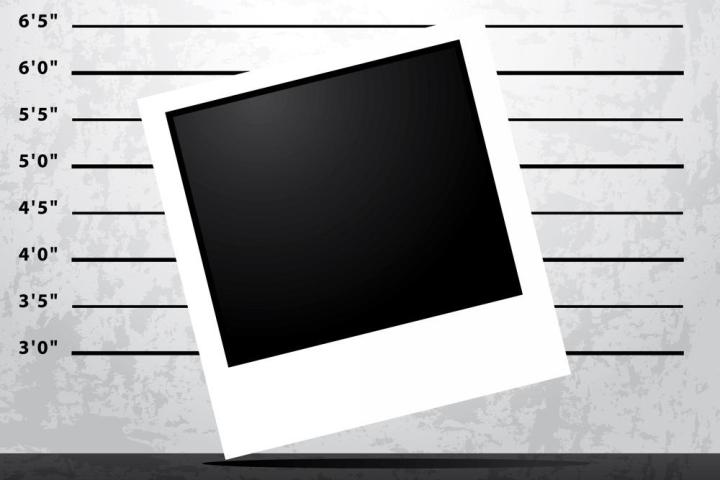
Working photographers try to take on as many jobs as they can, but does that mean they have to accept every commission that comes their way? Last week, New Mexico’s highest court has ruled that a photography company in New Mexico was in violation of state law after it declined to take pictures of a wedding ceremony, the Wall Street Journal reports, but the case is much more complex than that.
In 2006, photographer Elaine Huguenin and her husband Jonathan, owners of Elane Photography, refused a request to photograph a same-sex “commitment ceremony” because it was against their religious beliefs. The Huguenins are against same-sex marriage, and said that taking on the assignment would give the impression that they are in support of it. But the same-sex couple filed a discrimination complaint to the New Mexico Human Rights Commission, which found the Huguenins had indeed discriminated the couple based on their sexual orientation. New Mexico’s Human Rights Act states that any business offering a public service is prohibited from discriminating against and refusing service to anyone because of their sexual orientation, as well as race, religion, color, national origin, ancestry, and gender.

The New Mexico Supreme Court agreed to hear the case on appeal, but it rejected the company’s claim that it was entitled to free speech and had a religious right to refuse to photograph the ceremony, and upheld the lower court’s original ruling.
“When Elane Photography refused to photograph a same-sex commitment ceremony, it violated the NMHRA in the same way as if it had refused to photograph a wedding between people of different races,” the court wrote. “Even if the services it offers are creative or expressive, Elane Photography must offer its services to customers without regard for the customers’ race, sex, sexual orientation, or other protected classification.”
“This decision is a blow to our client and every American’s right to live free,” said Jordan Lorence, a senior counsel with the Alliance Defending Freedom group who represented the Huguenins.
But Louise Melling of the American Civil Liberties Union (ACLU) said, “When you open a business, you are opening your doors to all people in your community, not just the select few who share your personal beliefs.”
Justice Richard C. Bosson, one of the presiding judges of the New Mexico Supreme Court, said the case “provokes reflection on what this nation is all about.” The company’s refusal, “no matter how religiously inspired, was an affront to the legal rights of that couple.”
“All of which, I assume, is little comfort to the Huguenins, who now are compelled by law to compromise the very religious beliefs that inspire their lives,” Justice Bosson wrote. “Though the rule of law requires it, the result is sobering. It will no doubt leave a tangible mark on the Huguenins and others of similar views.”
No doubt this case will have repercussions on all businesses operating in New Mexico, especially at a time when the nation is heavily engrossed in the issue of same-sex marriage. We often see signs where businesses proclaim they have the right to refuse service to anyone, but not if you’ve found to be in contempt of the law. The Huguenin’s could have easily declined the assignment without expressing their personal views, but in doing so, they found themselves in legal trouble.
What do you think? Should a photographer take on a job even if it’s against their personal views? Have the courts acted too strongly? Has the photographer’s First Amendment right been violated? Sound off in the comments.
(Main image via -Albachiaraa-/Shutterstock)


